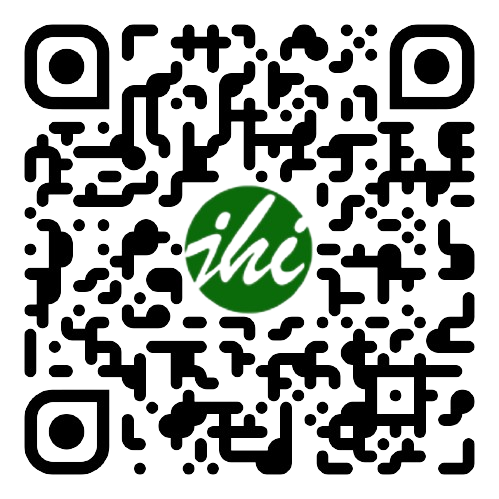Marriage Dispensation Post The Decision Of The Constitutional Court No. 22/PUU-XV/2017
DOI:
https://doi.org/10.28918/jhi.v19i1.3491Keywords:
dispensation, marriage, underageAbstract
Underage marriage in Indonesia especially in West Java has increased significantly, reported from the underage marriage research in 2016 West Java has the second highest rate of 15-18 years old teenage marriages with the percentage of 50.2%. Around the year of 2016-2019, The Religious Courts of Indramayu received 1,235 cases of marriage dispensation that it was recorded as The Religious High Court to handle the highest number of marriage dispensation cases in West Java. The purpose of this research is to discover the aspects that affects the high number of marriage dispensation cases, roles of the panel of judges tightening the marriage dispensation procedures, and the effects of The Decision of The Constitutional Court No. 22/PUU-XV/2017 to the Resolution of Marriage Dispensation in The Religious Court of Indramayu in 2016-2019. This research uses the Normative Juridical method. Results of this research first, aspects that affects the high number of marriage dispensation that is as a result of promiscuity, the lack of basic religious education, internet, cultural, and economical influence, low education grade. Secondly, the role of The Religious Court of Indramayu’s Panel of Judges tightening the marriage dispensation procedures focused on the reasons, so that the validity of the background be known and to keep checking the legality of the income and pregnancy certificate. Thirdly, effects of The Decision of The Constitutional Court No. 22/PUU-XV/2017 to marriage dispensations in The Religious Court of Indramayu in 2016-2019 that the effect is not optimal. Therefore, it is concluded that The Decision of The Constitutional Court No. 22/PUU-XV-2017 cannot be implemented effectively.
Downloads
Published
How to Cite
Issue
Section
License
Copyright (c) 2021 Jurnal Hukum Islam

This work is licensed under a Creative Commons Attribution-NonCommercial 4.0 International License.
Jurnal Hukum Islam use a variety of waivers and licenses that are specifically designed for and appropriate for the treatment of data:
- Open Data Commons Attribution License, http://www.opendatacommons.org/licenses/by/1.0/(default)
- Creative Commons CC-Zero Waiver, http://creativecommons.org/publicdomain/zero/1.0/
- Open Data Commons Public Domain Dedication and License, http://www.opendatacommons.org/licenses/pddl/1-0/
Other data publishing licenses may be allowed as exceptions (subject to approval by the editor on a case-by-case basis) and should be justified with a written statement from the author, which will be published with the article.













.png)














